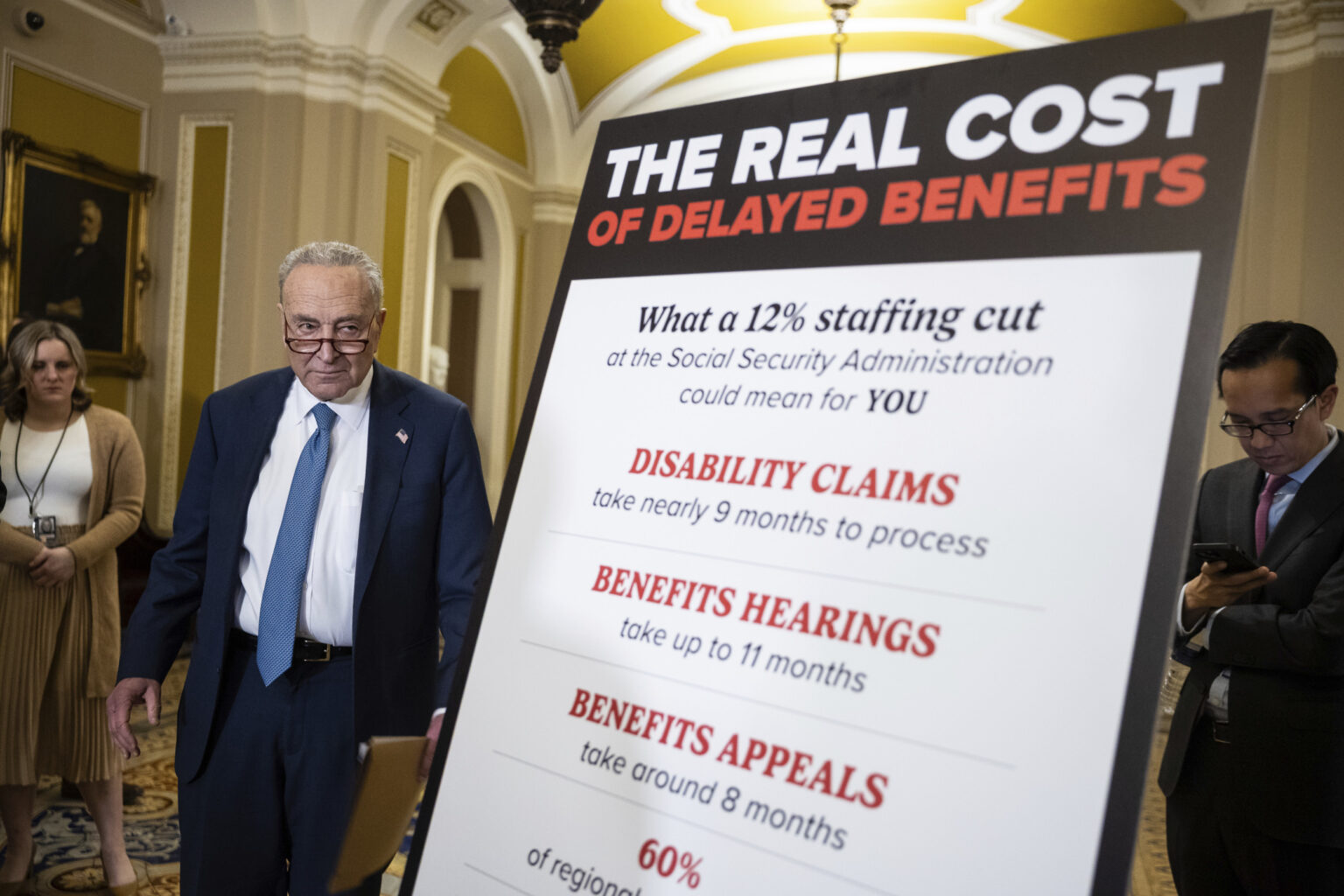The Social Security Administration (SSA) is revising plans to tighten identity verification procedures, following widespread criticism from lawmakers, advocacy groups and program beneficiaries. Initially set to begin March 31, the updated identity proofing requirements will now take effect on April 14, 2025.
The changes were intended to combat fraud, particularly around direct deposit changes and other benefit claims. Acting Commissioner of Social Security Lee Dudek said the agency made adjustments after hearing concerns. “We have listened to our customers, Congress, advocates, and others, and we are updating our policy to provide better customer service to the country’s most vulnerable populations,” Dudek said in a statement published by the SSA.
Under the revised policy, individuals applying for Social Security Disability Insurance (SSDI), Medicare, or Supplemental Security Income (SSI) who can’t verify their identity online will be allowed to complete their claims by phone without visiting an office. However, those applying for retirement, survivor or auxiliary benefits—such as for a spouse or child—must verify their identity in person if they can’t use the online portal.
Dudek emphasized that the delay would also give SSA employees time to receive training on the new procedures. “In addition to extending the policy’s effective date by two weeks to ensure our employees have the training they need to help customers, Medicare, Disability, and SSI applications will be exempt from in-person identity proofing because multiple opportunities exist during the decision process to verify a person’s identity,” he said in comments published by NBC Chicago.
What ID Will Be Required?
For those required to verify their identity in person, the SSA accepts several types of documents. The full list is detailed in the SSA’s Program Operations Manual, which specifies requirements for primary and secondary identity documents.
According to the SSA, documents are acceptable as proof of identity only if they “meet the stated primary, secondary, and third level evidence requirements (for example—unexpired, issued within the time frame stated)”, “are originals (such as U.S. state issued driver’s licenses, state issued IDs and U.S. passports)”, and “are properly certified by the issuing agency (such as school records or medical records).”
Primary identification documents include:
- Unexpired U.S. driver’s license
- Unexpired state-issued non-driver ID card
- Unexpired U.S. passport or passport card
- Form I-551 (permanent resident card)
- Form I-94 with unexpired foreign passport
- Form I-766 (employment authorization document)
- Form I-872 (American Indian card, Texas Band of Kickapoos only)
If a primary ID is not available, the SSA accepts these secondary documents:
- U.S. military ID (active duty, retiree, National Guard, or dependent)
- Certificate of Naturalization, or U.S. Citizenship
- Government or non-government employee ID showing name and photo or date of birth
- Certified medical record showing name and DOB
- Health insurance or Medicaid card with name and either photo, age, or DOB (not Medicare cards)
- School ID, transcript, or certified school record with identifying details
- Life insurance policy listing name and DOB
- Religious or tribal documents that meet SSA standards
The SSA noted that those unable to use the my Social Security portal can call 1-800-772-1213 to schedule an in-person appointment. The agency emphasized that “SSA will enforce online digital identity proofing or in-person identity proofing for these cases. The agency will not enforce these requirements in extreme dire-need situations, such as terminal cases or prisoner pre-release scenarios,” according to NBC Chicago.
When Do the Changes Come Into Effect?
The effective date for the new policy is April 14, two weeks later than initially planned. The delay follows substantial criticism of the original rollout plan. Advocacy organizations and members of Congress raised concerns that mandatory in-person visits would pose difficulties for older adults and people with disabilities.
Max Richtman, president and CEO of the National Committee to Preserve Social Security and Medicare, said in a statement emailed to Newsweek: “While it is good that a bad policy is being postponed—and that some of the least mobile, most vulnerable groups are now exempted—it is still bad policy. There was no reason to end the validation of identity by phone, and limiting it in any way creates an unnecessary hurdle for seniors and families claiming their earned benefits.”
The changes arrive amid plans by the Department of Government Efficiency (DOGE) to close 47 Social Security field offices. DOGE, headed by Elon Musk, has cited cost-cutting and fraud prevention as primary motivations. Trump administration nominee Frank Bisignano, under consideration to lead the SSA, faced scrutiny during his confirmation hearing for the policy shift and office closures. According to the Associated Press, he said the objective was to protect against fraud, but that he was “not to touch benefits.”
Dudek defended the new verification system as necessary to stem losses, stating: “For far too long, the agency has used antiquated methods for proving identity. Social Security can better protect Americans while expediting service.
“The Social Security Administration is losing over $100 million a year in direct deposit fraud. The information that we use through knowledge-based authentication is already in the public domain.”
Read the full article here

